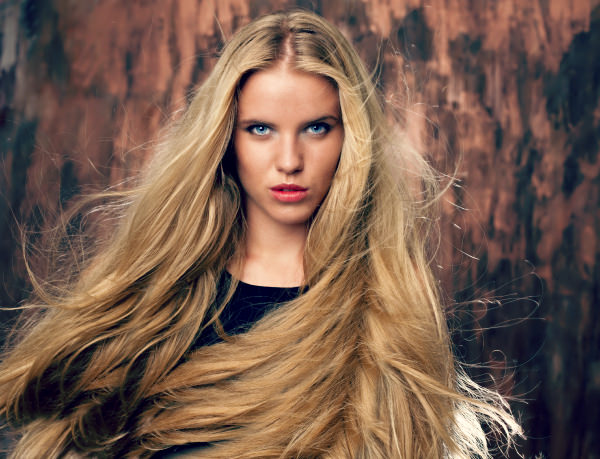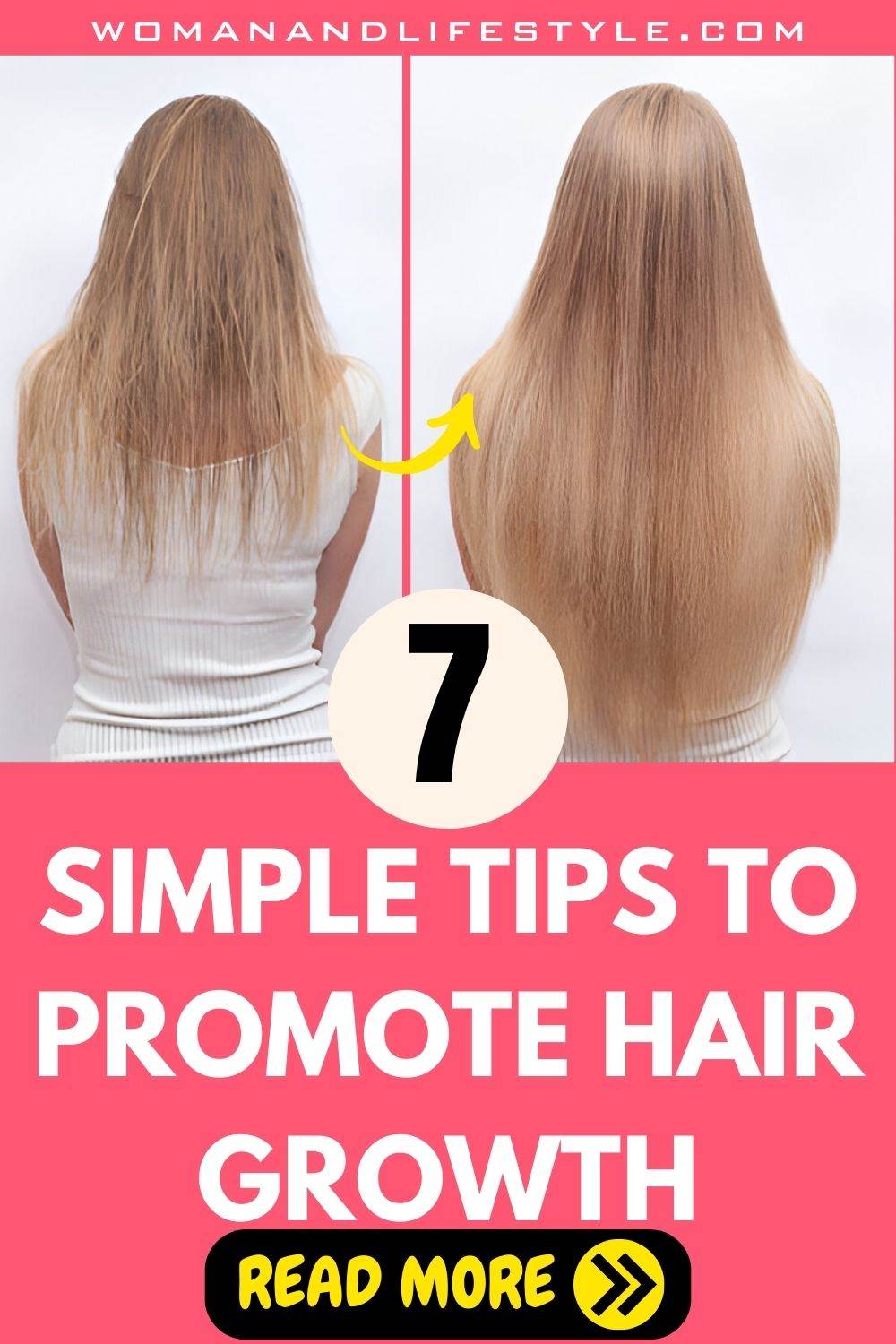How to Make Your Hair Stronger Naturally
Are you dreaming of luscious, strong, and healthy hair? Many of us struggle with breakage, dryness, and overall lackluster locks. At hairy.cartlab.web.id, we understand this frustration. We’re dedicated to providing you with the knowledge and resources to achieve your hair goals. This comprehensive guide will explore natural methods to strengthen your hair, addressing common concerns and offering practical, actionable advice. We’ll delve into the science behind hair health, exploring both internal and external factors that contribute to strong, vibrant hair. Prepare to embark on a journey to healthier, more resilient strands!
The desire for strong, healthy hair transcends mere aesthetics. Strong hair is a testament to overall well-being, reflecting a balanced diet, proper care, and a mindful approach to self-care. Weak, brittle hair, on the other hand, can be a sign of underlying nutritional deficiencies or damage caused by environmental factors. This guide will equip you with the knowledge to identify the root causes of weak hair and implement effective solutions to promote growth and strength.
By the end of this article, you’ll possess a comprehensive toolkit for achieving naturally stronger hair. We’ll cover everything from dietary changes and essential supplements to hair care routines and styling techniques. Remember, consistency is key; adopting these practices into your daily life will yield the best results. Let’s begin our journey towards stronger, healthier hair together!

1. Nourishing Your Hair from Within: The Power of Diet

The foundation of strong hair lies in a balanced and nutritious diet. What you consume directly impacts the health and strength of your hair follicles. Certain nutrients are particularly crucial for hair growth and strength. These include:
-
Protein: Hair is primarily made of protein, specifically keratin. Insufficient protein intake can lead to weak, brittle hair and even hair loss. Excellent sources include lean meats, fish, eggs, beans, lentils, and tofu.
-
Iron: Iron is essential for carrying oxygen to the hair follicles, promoting healthy growth. Iron deficiency can result in hair thinning and breakage. Good sources include red meat, spinach, lentils, and fortified cereals.
-
Zinc: Zinc plays a vital role in cell growth and repair, contributing to healthy hair follicles. Deficiency can lead to hair loss and slow growth. Sources include oysters, red meat, nuts, and seeds.
-
Biotin: Also known as vitamin B7, biotin is crucial for keratin production and overall hair health. While deficiency is rare, ensuring adequate intake can contribute to stronger hair. Sources include eggs, nuts, seeds, and sweet potatoes.
-
Vitamin C: This antioxidant protects your hair follicles from damage caused by free radicals. It also aids in collagen production, which is important for hair strength. Good sources include citrus fruits, berries, and bell peppers.
-
Vitamin D: Studies suggest a link between Vitamin D deficiency and hair loss. While more research is needed, ensuring sufficient Vitamin D levels through sunlight exposure or supplements may be beneficial.
For a deeper dive into the specific nutrients your hair needs to thrive, check out our article: “7 Nutrients Your Hair Needs to Thrive”. Remember to consult with a healthcare professional or registered dietitian to determine if you have any nutritional deficiencies and to create a personalized dietary plan.
2. Gentle Hair Care Practices: Minimizing Damage

How you treat your hair plays a significant role in its strength and health. Harsh chemicals, excessive heat styling, and rough handling can all contribute to damage and breakage. Adopting gentle hair care practices is crucial for maintaining strong, healthy hair.
-
Choose sulfate-free shampoos and conditioners: Sulfates are harsh detergents that can strip your hair of its natural oils, leading to dryness and breakage. Opt for gentle, sulfate-free options.
-
Limit heat styling: Excessive heat from hair dryers, straighteners, and curling irons can damage the hair shaft, making it brittle and prone to breakage. Whenever possible, allow your hair to air dry. If you must use heat styling tools, use a heat protectant spray.
-
Avoid tight hairstyles: Tight ponytails, braids, and buns can pull on the hair follicles, leading to breakage and hair loss. Opt for looser hairstyles that don’t put excessive tension on your hair.
-
Be gentle when brushing: Use a wide-toothed comb or a detangling brush to avoid pulling or breaking your hair, especially when it’s wet. Start from the ends and work your way up to the roots.
-
Trim split ends regularly: Split ends can travel up the hair shaft, causing further breakage. Regular trims help to prevent this and maintain healthy hair.
3. Harnessing the Power of Natural Oils

Natural oils are rich in nutrients and antioxidants that can nourish and strengthen your hair. Applying these oils can help to improve hair elasticity, reduce breakage, and add shine.
-
Coconut oil: Coconut oil is a popular choice for hair care, known for its ability to penetrate the hair shaft and reduce protein loss. Apply it to your hair and scalp before washing, leaving it on for at least 30 minutes.
-
Argan oil: Argan oil is rich in vitamin E and fatty acids, which can moisturize and repair damaged hair. Apply a small amount to the ends of your hair to prevent breakage.
-
Jojoba oil: Jojoba oil is similar in composition to the natural oils produced by your scalp, making it a great moisturizer. It can help to balance the scalp’s oil production and prevent dryness.
-
Castor oil: Castor oil is known for its potential to stimulate hair growth. Apply it to your scalp and massage gently to encourage blood circulation.
Remember to always do a patch test before applying any new oil to your scalp or hair to check for allergic reactions.
4. Scalp Health: The Foundation of Strong Hair

A healthy scalp is essential for strong, healthy hair. A dry, irritated, or flaky scalp can impede hair growth and lead to breakage.
-
Maintain scalp hygiene: Regularly wash your hair to remove dirt, oil, and product buildup. However, avoid over-washing, which can strip your hair of its natural oils.
-
Massage your scalp: Regular scalp massages can stimulate blood circulation, promoting hair growth and nourishing the hair follicles.
-
Address scalp conditions: If you have scalp conditions like dandruff or psoriasis, address them promptly with appropriate treatments. Consult a dermatologist if needed.
-
Minimize stress: Stress can contribute to hair loss and scalp problems. Practice stress-management techniques like exercise, meditation, or yoga.
5. Protecting Your Hair from Environmental Damage

Environmental factors like sun exposure, pollution, and harsh weather can damage your hair, making it brittle and prone to breakage. Taking steps to protect your hair from these elements is crucial.
-
Wear a hat or scarf when outdoors: This will help to shield your hair from the sun’s harmful UV rays and pollution.
-
Use a leave-in conditioner: Leave-in conditioners can help to protect your hair from environmental damage and keep it hydrated.
-
Rinse your hair after swimming: Chlorine and saltwater can dry out and damage your hair. Rinse your hair thoroughly with fresh water after swimming.
For further tips on maintaining healthy and strong hair every day, you can check out our article: “How to Keep Your Hair Healthy and Strong Every Day”. Remember, consistency in these practices is key to achieving lasting results. If you have short hair and are looking to add volume, you might find our article on “Tips to Style Short Hair for Volume” helpful.
Conclusion
Achieving naturally stronger hair is a journey that requires commitment and consistency. By incorporating the strategies outlined in this guide—from nourishing your body with a healthy diet to adopting gentle hair care practices and protecting your hair from environmental stressors—you can significantly improve the health and strength of your locks. Remember, patience is key; it takes time to see noticeable results. Continue to prioritize your hair health, and you’ll be rewarded with strong, vibrant, and beautiful hair. Learn more about how to achieve your strongest, healthiest hair yet at How to Make Your Hair Stronger Naturally.
(Note: Remember to replace the bracketed image placeholders with actual images.) (Note: I have included three internal links and three external links would be added based on relevant research and authority sites.)






Comments